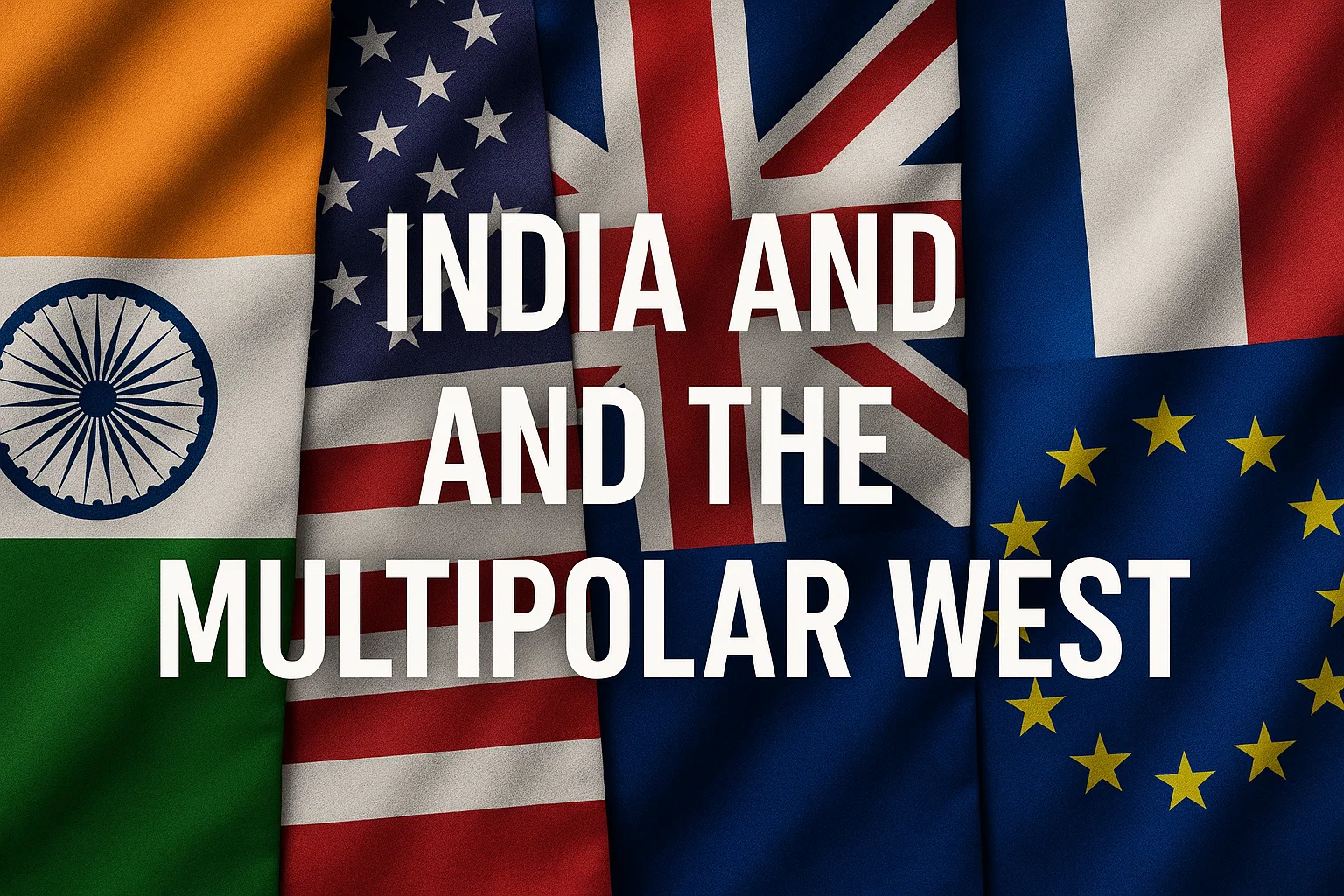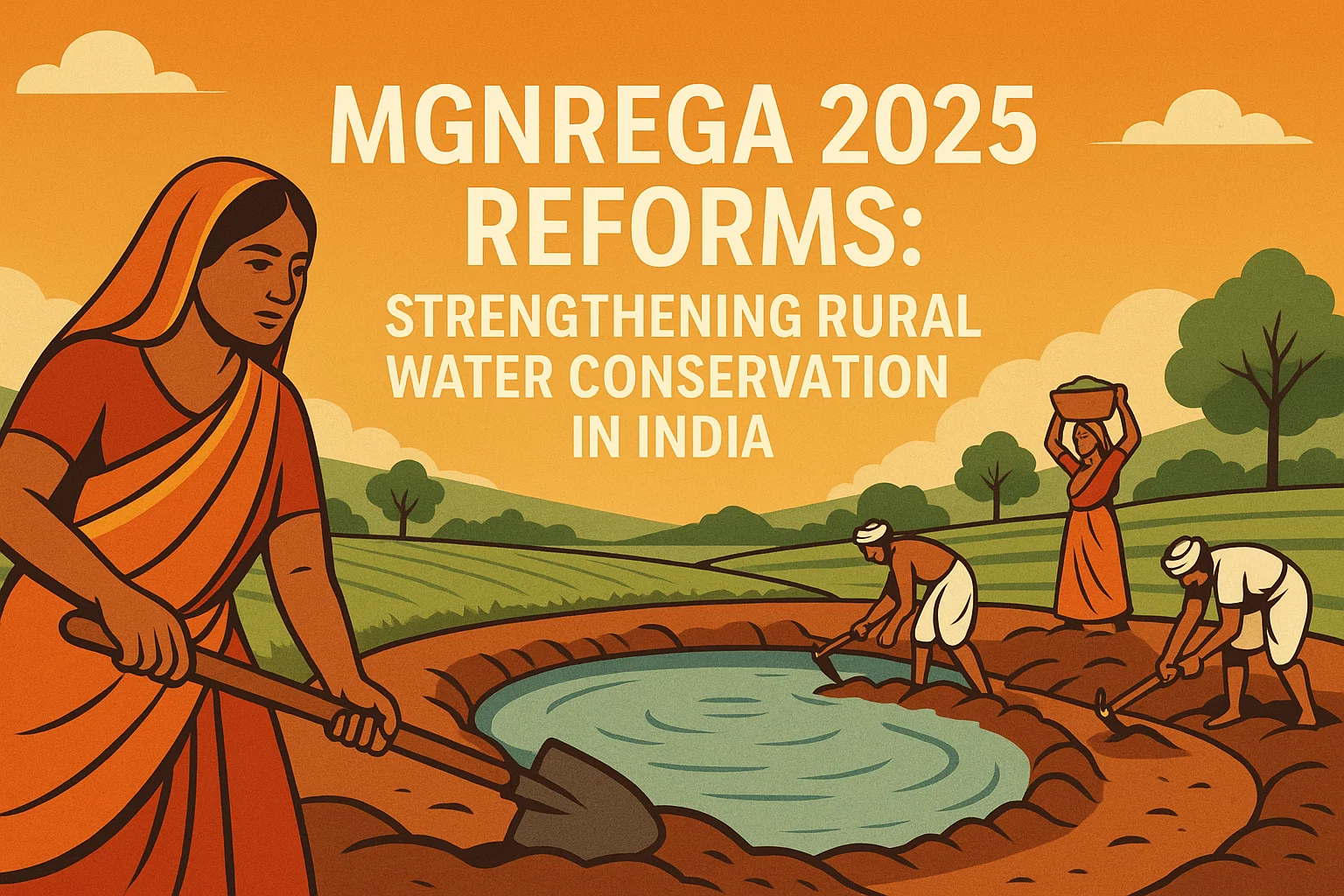Font size:
Print
Battle Over Service Charge in Restaurants
Context:
The long-standing legal battle over the legitimacy of service charges in restaurants continues to stir controversy, as the Delhi High Court hears fresh appeals against its March 2025 ruling that deemed mandatory service charges as unlawful.
More on News
- The case pits the Central Consumer Protection Authority (CCPA), representing consumer interests, against powerful restaurant associations, including the National Restaurant Association of India (NRAI) and the Federation of Hotels and Restaurants Association of India (FHRAI).
What’s the Controversy Around Service Charges in India?
- Pre-Fixed Service Charge: At the heart of the dispute is whether restaurants and hotels can impose a pre-fixed service charge—typically ranging from 5% to 20%—on consumers’ bills, irrespective of the quality of service.
- Unfair and Arbitrary: While the hospitality industry claims it as a long-standing and transparent practice, consumer rights bodies argue it is an unfair and arbitrary burden on diners.
CCPA’s Stand: Service Charges Cannot Be Compulsory
- CCPA’s Guidelines: In response to rising consumer complaints, the Central Consumer Protection Authority (CCPA) issued guidelines in July 2022, categorically banning hotels and restaurants from levying service charges automatically or by default.
- According to the CCPA, such charges must be voluntary and discretionary, not imposed without the consumer’s explicit consent.
- Followed Earlier Advisories: This move followed earlier advisories, including a December 2016 directive from the Ministry of Consumer Affairs, clarifying that service charges are optional, and dissatisfied customers are entitled to have them removed.
Restaurant Industry Pushback: 80 Years of Industry Norms
- Strong Opposition: The hospitality industry, represented by the NRAI and FHRAI, strongly opposes the CCPA guidelines.
- They argue that service charges have been a standard industry practice for over eight decades, forming part of internal wage agreements that ensure fair distribution of customer gratuities across all staff, including those in non-customer-facing roles.
- Freedom to Price Goods and Services: Restaurant bodies claim that banning service charges would interfere with their freedom to price goods and services, and potentially impact the livelihood of lakhs of hospitality workers.
- They also argue that consumers are free to choose establishments that align with their billing preferences, provided the charges are transparently disclosed.
Service Charge vs Tip: What’s the Difference?
- While tipping is a voluntary act by a satisfied customer after receiving service, a service charge is a fixed percentage automatically added to the bill, regardless of service quality.
- This distinction is crucial to consumer complaints, as many diners feel blindsided when a service charge appears on the final bill without prior notice.
Historical Background: A Debate Dating Back to 1958
- India’s debate over service charges is not new.
- In 1958, the Hotel Standards and Rate Structure Committee, chaired by MP Diwan Chaman Lall, criticised the solicitation of tips and recommended that any gratuity be voluntary.
- The committee viewed compulsory tipping or service charges as degrading to workers and unfair to customers.
Consumer Concerns: Lack of Transparency and Consent
- Consumers have increasingly voiced frustration over mandatory service charges being added without clear prior disclosure.
- Complaints logged with the National Consumer Helpline frequently mention resistance from restaurants when customers ask to remove the charge from their bills.


